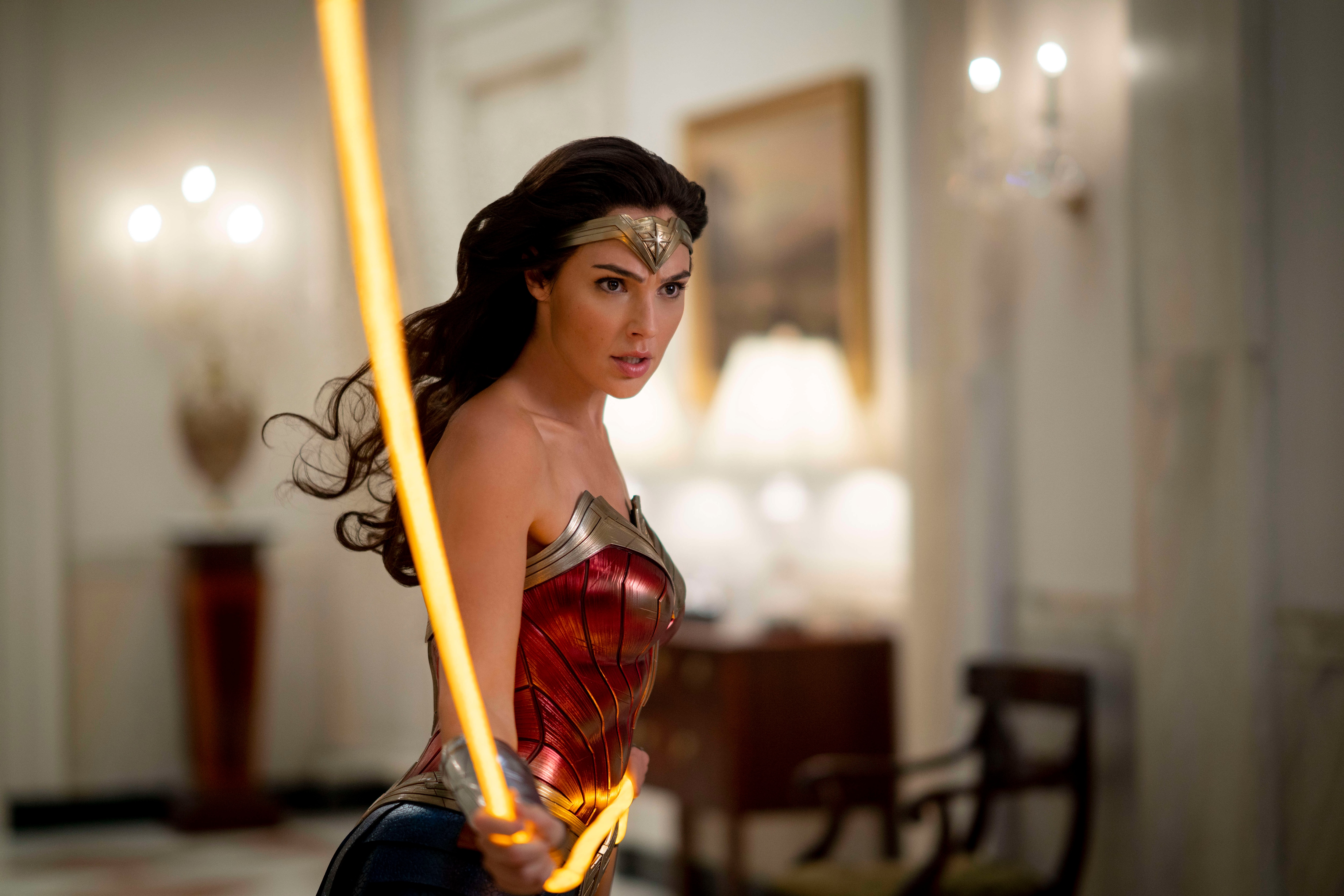Create a free profile to get unlimited access to exclusive videos, sweepstakes, and more!
DC Films to tap into the multiverse for up to 4 movies a year, future HBO Max spinoffs

With Wonder Woman 1984 out now, both in theaters and streaming on HBO Max, it's time for DC Films to look to the future, and not just the 2021 release of The Suicide Squad. In a new piece at the New York Times, DC Films head Walter Hamada outlined a period of unprecedented ambition for the division which has at times in the past struggled to keep up with Marvel Studios and its massive shared-universe output of blockbusters. So, what can we expect? Well, starting in 2022, we're looking at as many as four theatrical releases from DC each year, along with smaller films and spinoff streaming series hitting HBO Max, all brought to you by the reality-bending power of the multiverse.
Hamada, who took over DC Films in 2018 after a period of uncertainty that culminated in the somewhat jumbled release of Justice League, has spent the last two years working with Warner Bros. Pictures head Toby Emmerich on a strategy to dramatically upscale the division's output of DC Comics-based films. In that time, the studio has found success with various DC Films releases that offer wildly different tonal presentation. The adventure romp Aquaman, the girl gang comedy Birds of Prey, and the dramatic origin story Joker all found success in different ways, and the latter even offered DC Films some glory at the 2020 Academy Awards. Though two of the films ostensibly took place in the same universe — the "DC Extended Universe" that's also home to releases like Suicide Squad, Man of Steel and Wonder Woman — they shared no major connections. That sense of variety, plus the sheer number of various developing unconnected projects at DC, led Hamada and Emmerich to look to the multiverse to secure the company's filmmaking future.
As many fans have already guessed, the upcoming The Flash film will help to provide a kind of introduction to the multiversal concept for viewers. In practice, it's fairly simple. The DCEU is one Earth, full of heroes and concepts that are already connected in some form and will continue to go in through its existing heroes (Wonder Woman, for example, has already had a third film in her saga "fast-tracked" by Warner Bros.), while upcoming films unconnected to the DCEU can simply exist on separate Earths, where different incarnations of the same characters can exist free of the burden of continuity. The Flash will reintroduce us to at least two of these different incarnations, as both Ben Affleck and Michael Keaton have signed on to play their respective versions of Batman for the film. Meanwhile a third Batman, played by Robert Pattinson, is just getting started with his own superhero career in Matt Reeves' The Batman.
The hope is that this strategy will allow DC Films to ramp up its film production without having to fit every single release into a single continuity framework, in contrast to chief competitor Marvel Studios, which spent its first few years building a universe brick-by-brick. But this isn't just a gambit meant to put more movies in theaters. According to Hamada, the goal is also to allow smaller films — the Times report floats characters like Static Shock and Batgirl as possible, but not definite, examples — to have an exclusive release on Warner Bros.'s HBO Max streaming service, along with spinoff series centered on various characters from the films. Two such spinoffs, branching out from The Batman and The Suicide Squad, are already in the works on the service, and Hamada noted his team is always on the lookout for more.
“With every movie that we’re looking at now, we are thinking, ‘What’s the potential Max spinoff?’” Hamada said.
Because of the COVID-19 pandemic, every studio's calendar has wound up as a bit of a jumble in 2020, and DC Films is certainly not an exception to that. There are numerous films in various stages of production and development that, at the moment, don't have a firm release date, so it's hard to tell right now exactly when that four-films-a-year goal might truly be met. What's especially exciting about this strategy for the moment, though, is the sheer number of possibilities it invokes. Multiversal storytelling means that if DC Films wants to make a bright, optimistic and hilarious Booster Gold/Blue Beetle movie, they can do that and then turn right around and release a brooding, ink-black take on The Question months later. It means that Superman can ultimately be played by Henry Cavill and Michael B. Jordan without one ever stepping on the other's toes. It means that some characters could theoretically hop between universes and set up a potential Crisis feature film at some point. And it means that the studio has perhaps figured out that audiences don't necessarily need an intricate shared universe to have a fun superhero ride.
“I don’t think anyone else has ever attempted this,” Hamada said. “But audiences are sophisticated enough to understand it. If we make good movies, they will go with it.”
DC Films' next theatrical release is slated to be The Suicide Squad in August. The film will also hit HBO Max simultaneously.


























